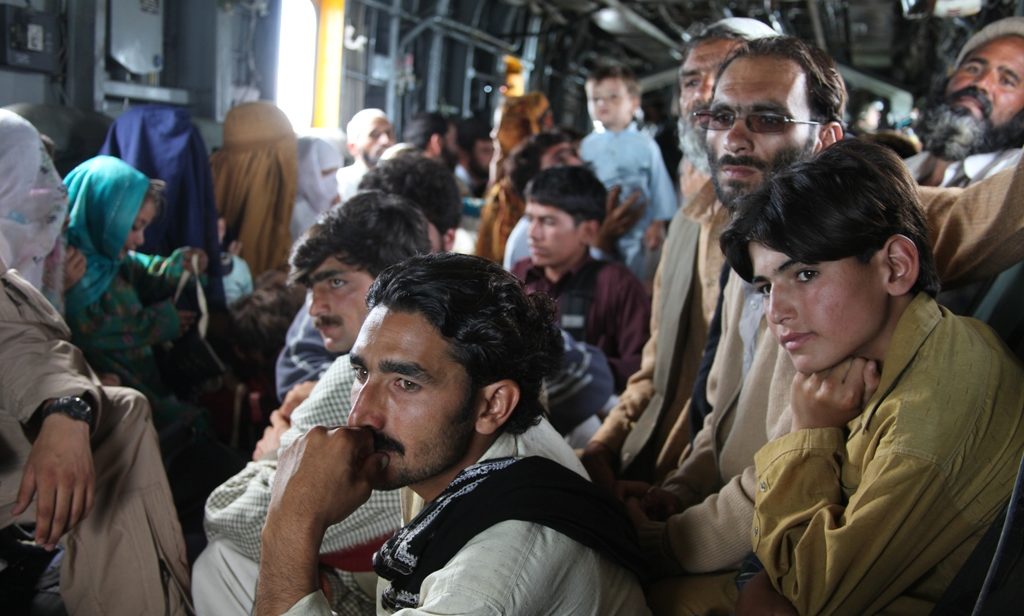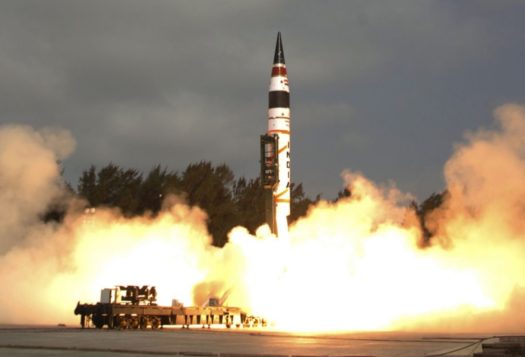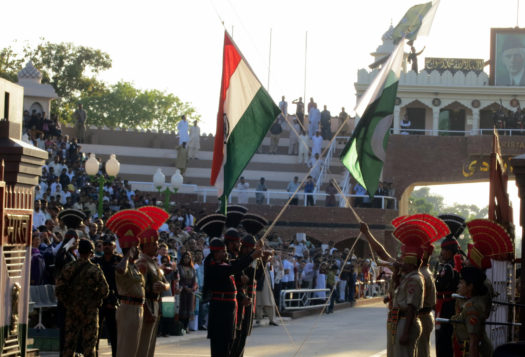
The U.S.-led war on terrorism changed the course of history. President Bush declared, “We will make no distinction between the terrorists who committed these acts and those who harbor them,” and turned the world upside down. The three principles of realism—statitsm, survival and self-help—drove Pakistan and the United States’ decisions. Since the attack, Pakistan’s regional security challenges have evolved, now encompassing the transnational, traditional and non-traditional. These challenges have become a hindrance to the preservation of sovereignty and territorial integrity of the state. The international system lacks the right mechanisms to solve the problems of the world, and external challenges are now very much a state’s internal problem. The two need to be handled simultaneously.
Security challenges in the past were mainly from conventional military power, but now transnational threats also need to be considered. These include population growth, distressed migration or flow of refugees, transnational organized crime, international terrorism, scarcity of resources, proliferation of arms, pandemic infections/diseases, and the emergence of non-state actors and asymmetric warfare, among others.
Existential threats shape a country’s traditional security posture, and to this Pakistan is no exception. Pakistan’s actions are driven by its geographical location, sandwiched between India and Afghanistan, as well as its international alliances (with the United States and China). These geopolitical realities have made Pakistan undertake actions that have been linked to its ongoing efforts for survivalThese actions have included change in Pakistan’s Taliban policy, amid growing domestic terrorism concerns.
Pakistan’s Strategic, Political and Security Challenges
India: India has operationalized a proactive military doctrine, which is intended for “limited conventional war below the nuclear threshold.” Also, the U.S.-India strategic partnership in areas such as economics, trade, space, nuclear and missile technology, and defensive cooperation, needs to be analyzed. One also cannot ignore the strategic objectives that India has in the Indian Ocean. It seems that India seeks to have control of the Indian Ocean, which crosses the busiest, strategic sea lanes of communication. The lingering disputes of Kashmir, water, and cross-border terrorism have also not seen much progress.
Afghanistan: Pakistan’s concerns about Afghanistan stem from the following reasons: Indian presence in the country, the need for peace on both sides of the Durand Line, and getting embroiled in a proxy war against the United States on Afghan soil. The U.S. withdrawal of troops will have consequences for the security of Pakistan. A political, negotiated settlement is needed, that will prevent a comeback of terrorist networks, and attacks on neighboring countries. A country which has been ravaged by war for years will continue to bring problems of border security, thus making our western border another post to which attention will continue to be diverted. Experts have observed that better border management is important for the national security of both Afghanistan and Pakistan, and can also help improve relations between them.
Pakistan’s Economic Challenges
Politics and the economy cannot be separated. Wars have been fought over resources and for the enhancement of economic development, and Asia could be the next target. Maleeha Lodhi has highlighted the global economic patterns that could impact Pakistan as follows:
- Climate change and water disputes in the region
- Income disparity and the patterns of rising population
- Scuffle between major powers for markets and resources, and
- Continuing shifts of power in Asia
Pakistan’s national interests have always been dictated by the nation’s security needs and ideological values, but what should shape our perception of security are history and geography. Today, the need for economic development requires more concern and attention. Just like Turkey, our geographical location too can be considered a strategic military asset. To curb international terrorism, we need to understand the reasons behind it, which the U.S. National Strategy for Combating Terrorism aptly lists as “political alienation, grievances that can be blamed on others, subcultures of conspiracy and misinformation, and an ideology that justifies murder.” There exist good forces for cooperation and for the management of multilateral diplomacy in the fight against terrorism. If states are to continue to exist and develop, we have to learn how to adapt.
***
Image: Paul Duncan, Flickr


